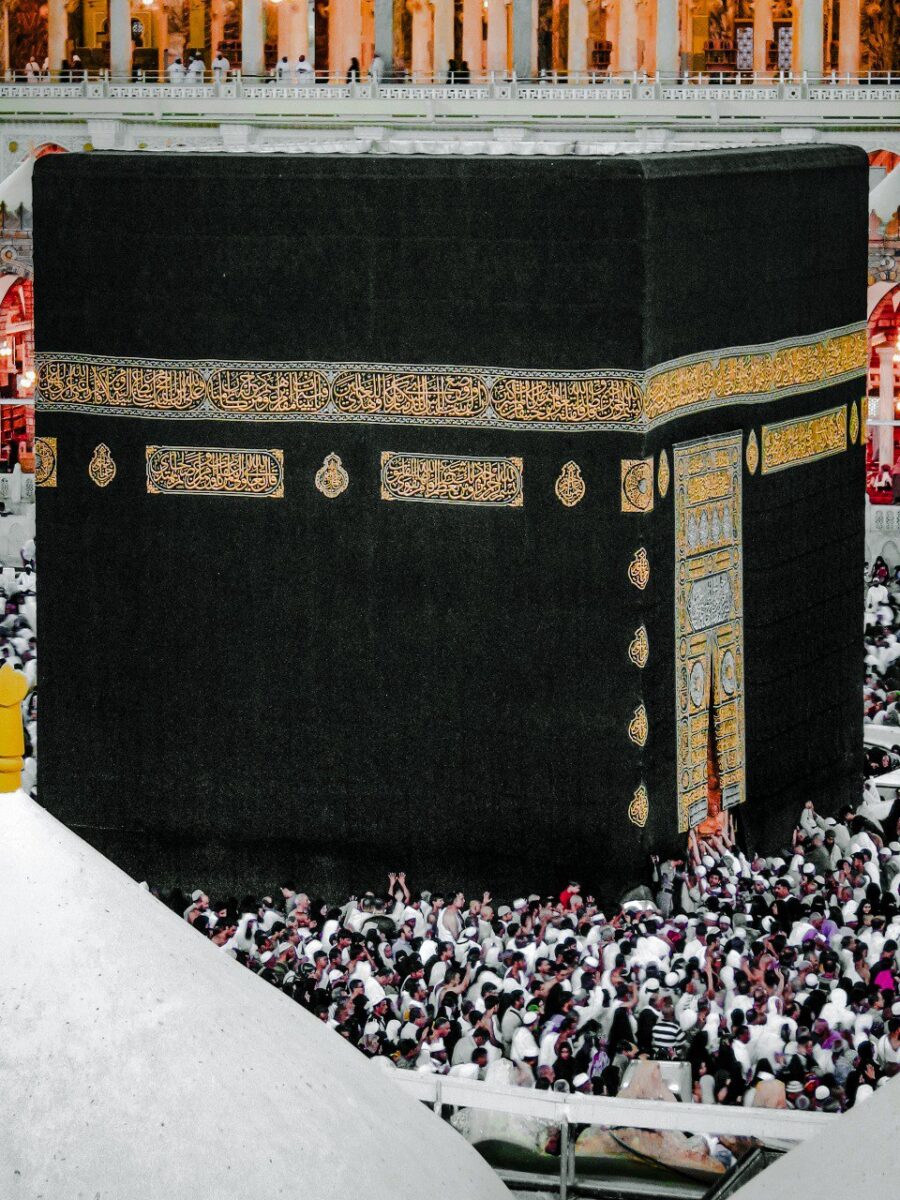
In the fast-paced world we live in, it can be hard to take a step back and enjoy the ‘slower’ pleasures of life. When we start to read a book, why do we find ourselves within minutes reaching for our phones? We live in an era of distraction – the constant dopamine hits we receive endlessly scrolling through social media or flicking through TV channels have made us accustomed to quick fixes. Our attention spans are becoming shorter, and tasks which require our full concentration and focus are feeling harder by the day to carry out.
Salat is one of these tasks. The benefits are immense but the reality is that it can be hard to attain and maintain focus in our prayers with distractions all around us. The Promised Messiahas said, “The salat purifies the spirit and the fast illumines the heart” (Malfuzat, Vol. 4, pp. 256–257), and the Holy Prophetsa would describe the salat to be the delight of his eyes. But the question is: How can we too, living in the age of distraction, derive maximum pleasure from salat?
This very question was once posed to Hazrat Khalifatul Masih Vaa in a virtual mulaqat. He explained that the Promised Messiahas taught a very simple method for attaining this:
“[The Promised Messiahas] said that one should bring about such an expression on their face as if they are crying. When a person physically displays certain facial expressions to reflect a particular emotion, then those intended emotions begin to develop from within the heart as well.” (Virtual mulaqat of students of Jamia Ahmadiyya Ghana, 5 December 2020, “How can one attain pleasure and delight in salat?”, www.alhakam.org)
Discipline is paramount in attaining this pleasure. The advice of the Promised Messiahas goes to show that every one of us will face highs and lows in our spiritual journey. At times we may struggle to pray due to distractions around us, but we must practice self-discipline to remain consistent and strive to inculcate such emotions in salat. It is only when we do this physically that the soul will follow. Huzooraa carried on to explain:
“When a person displays an expression of one who is crying and, whilst reciting Surah al-Fatihah, continues to repeat and ponder over the words ‘Thee alone do we worship and Thee alone do we implore for help’, then soon one will genuinely begin to cry. When one begins to cry and a state of heartfelt emotions and fervency begins to develop, then one will begin to attain pleasure and delight from salat. […]
“Therefore, a person has to display the physical expressions that are required to reach the desired inner state. However, this can only be attained by undergoing a concerted effort and by striving. If a person endeavours to strive in this way, they will continue to derive pleasure from salat. And when a person experiences that pleasure and delight once, then they will always endeavour to stand before their Lord whilst weeping to attain the pleasure and delight from being in that state. The pleasure that one attains by weeping before Allah in sajdah is far greater than any other pleasure.” (Ibid.)
The Promised Messiahas was himself a living example of this advice. Hazrat Maulvi Abdul Karim Sialkotira, a companion of the Promised Messiahas, narrates an account from the days when the plague was rampant in the Punjab. This was the plague which had been manifested as a sign of the truthfulness of the Promised Messiahas and people were fast falling prey to this disease, but due to his love for mankind, he was engaged in prayer for them. The manner in which the Promised Messiahas was praying astounded Maulvi Sahibra. He said:
“There was such grief and emotion in this prayer of the Promised Messiahas that the heart of the listener melted, and the Promised Messiahas was weeping before the Divine threshold in such pain just as a woman in childbirth. Upon listening more attentively, I noticed that the Promised Messiahas was praying for the salvation of mankind from the punishment of the plague. The Promised Messiahas was saying, ‘If these people are destroyed in this chastisement, who shall worship you?” (Sirat Masih-e-Maud, Vol. 3, p. 395)
If we wish to attain maximum pleasure in our salat, this is the level we must strive to reach. Only then will we experience true peace in our lives, as described by the Promised Messiahas:
“The greatest criterion of man’s life is salat. He, who keeps crying out to God in salat, lives in peace.” (Malfuzat, Vol. 2, p. 45)

